IS-PEC aims to generate multidisciplinary research in the fields of implementation science, knowledge transfer and exchange, and policy engagement. We strive to engage and consult with decision makers, both nationally and internationally, in using KTE and IS to address complex system challenges. Part of this goal includes creating a community and culture around the use of IS and policy engagement. To achieve this aim, we work with experts throughout Israel and around the world, to advise on our coaching,
consultation, and research efforts.
Our Strategic Advisors provide strategic support to IS-PEC and help us ensure that the work we do remains applicable across the sector.
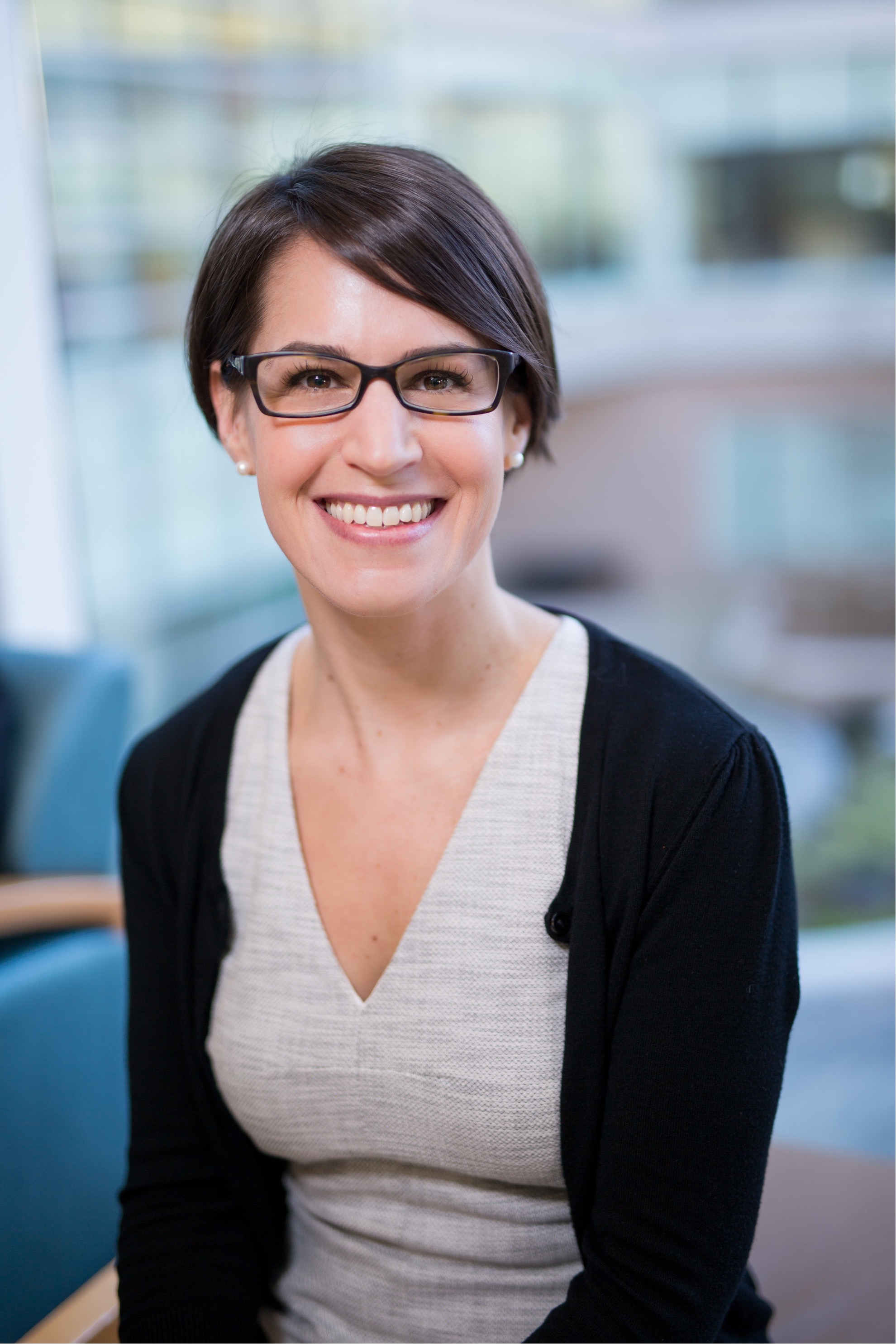 Dr. Sarah Birken
Dr. Sarah Birken
Sarah Birken is an Associate Professor in the Department of Implementation Science in the School of Medicine and a Member of Wake Forest Baptist Health's Comprehensive Cancer Center at Wake Forest University. Dr. Birken's research focuses on translating evidence into practice. Specifically, Dr. Birken studies middle managers' role in implementing evidence-based practices, the implementation of innovations in cancer care, and the selection and application of implementation theories.
 Dr. Jeremy Grimshaw
Dr. Jeremy Grimshaw
Dr Jeremy Grimshaw is an internationally recognized leader in implementation research. He received his MBChB (MD equivalent) from the University of Edinburgh, UK and trained as a family physician prior to undertaking a PhD in health services research at the University of Aberdeen. He moved to Canada in 2002. His research focuses on the evaluation of interventions to disseminate and implement evidence-based practice. Dr. Grimshaw is a Senior Scientist, Clinical Epidemiology Program, Ottawa Hospital Research Institute, a Full Professor in the Department of Medicine, University of Ottawa and a Tier 1 Canada Research Chair in Health Knowledge Transfer and Uptake.
He is a Fellow of the Royal Society of Canada and the Canadian Academy of Health Sciences and a Corresponding Fellow of the Royal College of Edinburgh. He has received the CIHR Knowledge Translation award twice; in 2004, he received the inaugural award for his personal contribution to the field and in 2013 Cochrane Canada (under his leadership) also received the award. In 2018, he received the CIHR Barer-Flood career achievement award for Health Services and Policy Research. He has over 650 peer reviewed publications. Since 2015, he has consistently ranked as a Thomson Reuters Highly Cited Researcher, based on the high citation rate of his published work.
 Prof. John N. Lavis
Prof. John N. Lavis
Prof. John N. Lavis is Professor and Canada Research Chair in Evidence-Informed Health Systems, McMaster University (Canada). John supports policymakers and stakeholders to harness research evidence, citizen values and stakeholder insights to strengthen health and social systems and get the right programs, services and products to the people who need them. He is Co-Lead of the Global Commission on Evidence to Address Societal Challenges, the COVID-19 Evidence Network to support Decision-making (COVID-END), and Rapid-Improvement Support and Exchange (RISE). He is the Director of the McMaster Health Forum, Co-Director of the WHO Collaborating Centre for Evidence-Informed Policy, and Professor in the Department of Health Evidence and Impact at McMaster University, as well as Adjunct Professor at the Africa Centre for Evidence at the University of Johannesburg. He holds an MD from Queen's University, an MSc from the London School of Economics, and a PhD (in Health Policy) from Harvard University.
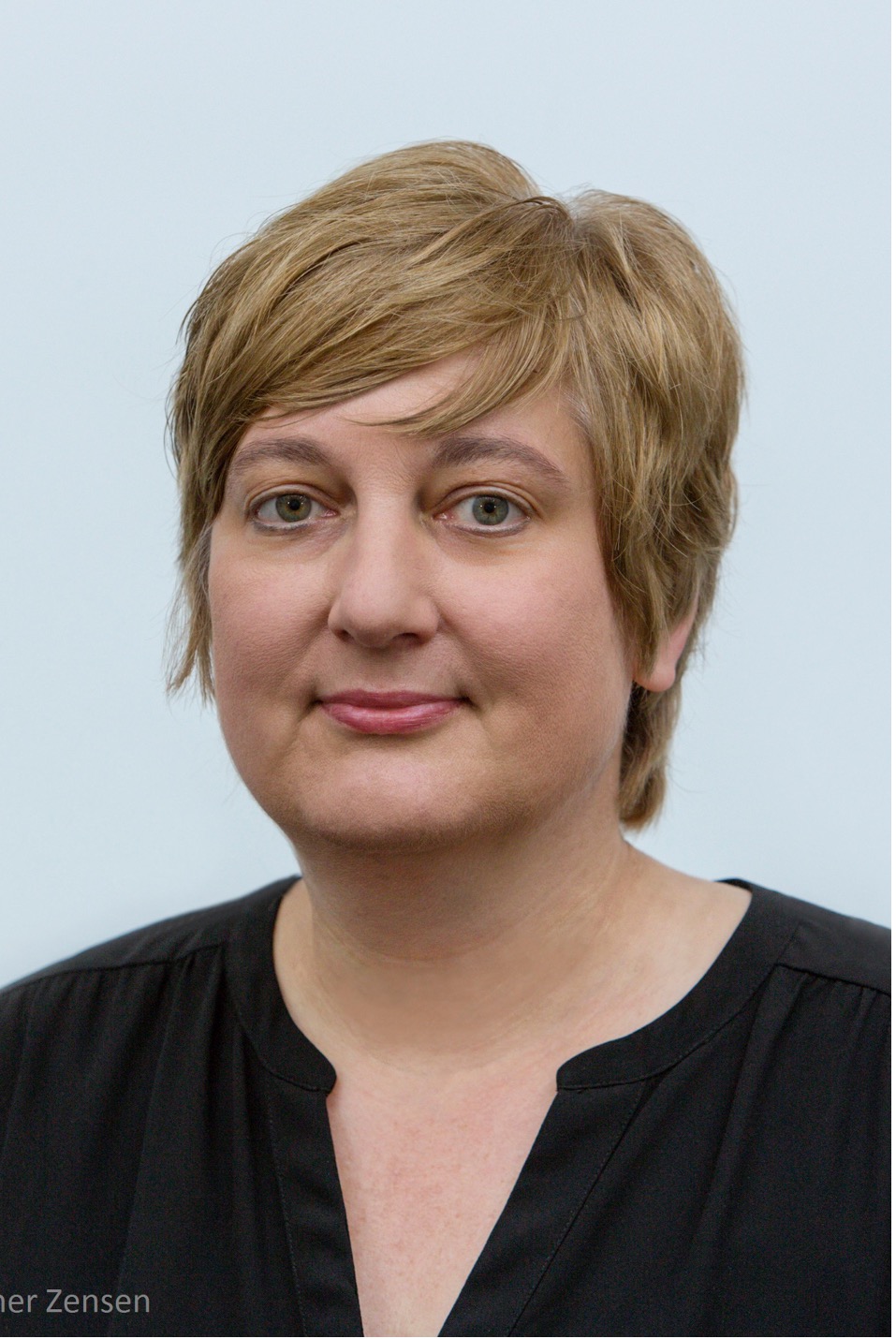 Prof. Gabriele Meyer
Prof. Gabriele Meyer
Prof. Dr. phil. Gabriele Meyer (GM) is director of the Institute of Health and Nursing Sciences at the Medical Faculty of Martin Luther University Halle-Wittenberg. GM is a nursing scientist and fully-licensed nurse. GM started her research career more than 20 years ago and has conducted many studies predominately dealing with nursing in older people either living at home or in the nursing home. Her research priorities are development and evaluation of complex interventions. She and her group have developed intervention programmes for long-term care settings addressing different clinical features, for instance the malpractice of applying physical restraints and antipsychotics in residents with dementia.
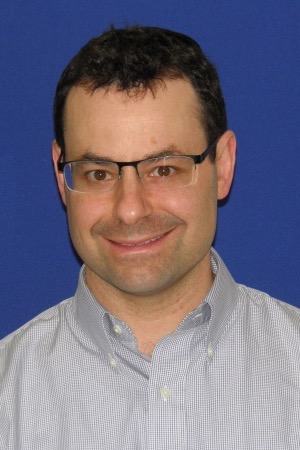 Prof. Adam Rose
Prof. Adam Rose
Adam Rose, MD MSc is an Associate Professor at the Hebrew University School of Public Health. He is trained as an internist and practiced medicine for twenty years in the United States. He previously worked at the Bedford VA Medical Center and the affiliated Center for Healthcare Organization and Implementation, and later at the RAND Corporation. His research includes implementation science, large database research, and mixed-methods research. He led a ten-year effort to optimize the delivery of outpatient anticoagulation in the Veterans Affairs system in the United States, which resulted in improved outcomes for patients. This project continues to form the basis of how such care is delivered in the VA and outside it. Dr. Rose's work has been funded by the VA, NIH, the ISF, and private foundations.
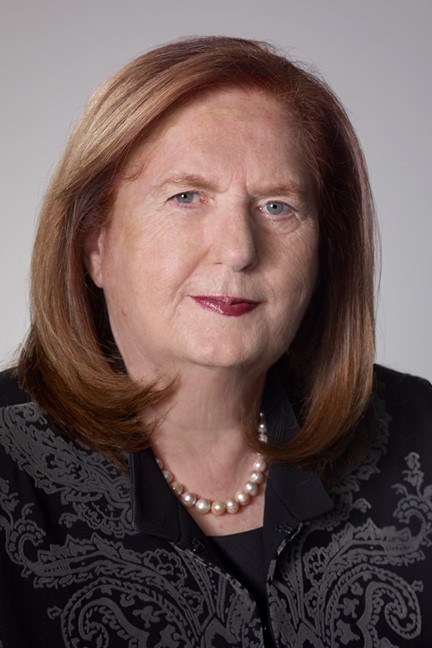 Dr. Judith Shamian
Dr. Judith Shamian
Judith Shamian, RN, PhD, LLD (hon), D.Sci (hon), FAAN, FCNA, is the ICN President Emerita; past President of the Canadian Nurses Association (CNA); a professor of nursing at the University of Toronto; Honorary Professor at Capital University, Beijing, China and established the Office of Nursing Policy at Health Canada. Dr. Shamian executive experiences span from, hospital, community, governments: national and international levels.
She is the recipient of numerous honorary Doctorates and awards including the Canada's Most Powerful Women: Top 100 award; the Golden Jubilee Medal from the Governor General of Canada; and the CNA's Centennial Award.
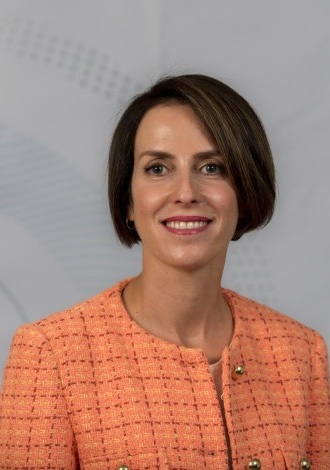
Dr. Sivan Spitzer
Sivan Spitzer is the head of population health education at the Bar-Ilan University Azrieli Faculty of Medicine, an organizational sociologist, and the principal investigator of ‘HEAL’ – Health Equity Advancement Lab. Her interests lie in the study of health inequities, and more specifically, in identifying, designing, and evaluating organizational strategies aimed at reducing health care inequities through the prism of organizational change and implementation science. Inequities in access and provision of care exist for many disadvantaged groups, including minorities, persons of low-socioeconomic status, the elderly and the disabled, in many countries as well as in Israel. Using implementation science and organizational change frameworks and theories, her research projects carried out in HEAL focus on translating equity from value to action through complex organization-wide change efforts in both community and hospital settings in a wide range of health and healthcare topics including chronic disease management, integration of care and precision medicine.